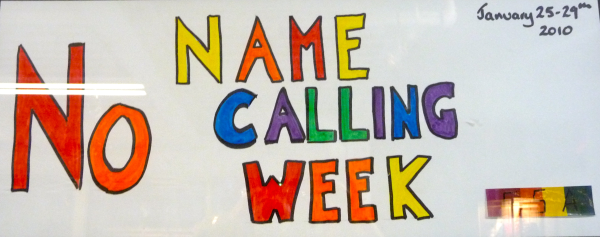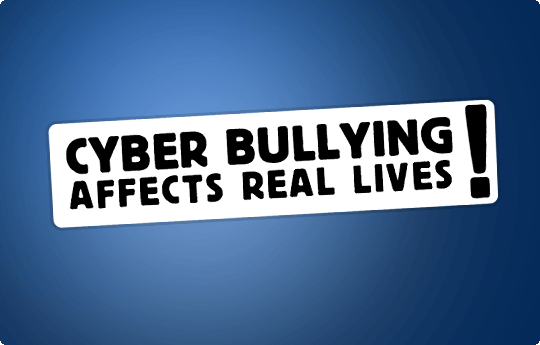Cell phones keep us connected. They're convenient, save us time, and could even save our lives in a true emergency. But when used irresponsibly, mobile phones can wreak havoc. And it appears that technology is blurring the line between right and wrong – for our kids, anyway.
One study from Common Sense Media reports that 1 in 3 kids use their cell phones to cheat on tests, but that 1 in 4 kids surveyed didn't think that accessing notes during a test, texting friends with answers during a test, or using their cell to search the Internet for answers is cheating.
The incidence of plagiarism, the other bane of a teacher's existence, has skyrocketed since the advent of the Internet. How much easier is it to cut and paste blocks of text, maybe even mixing them up a bit to make the work appear original, than to painstakingly transcribe words from a copyrighted book or magazine article?




















